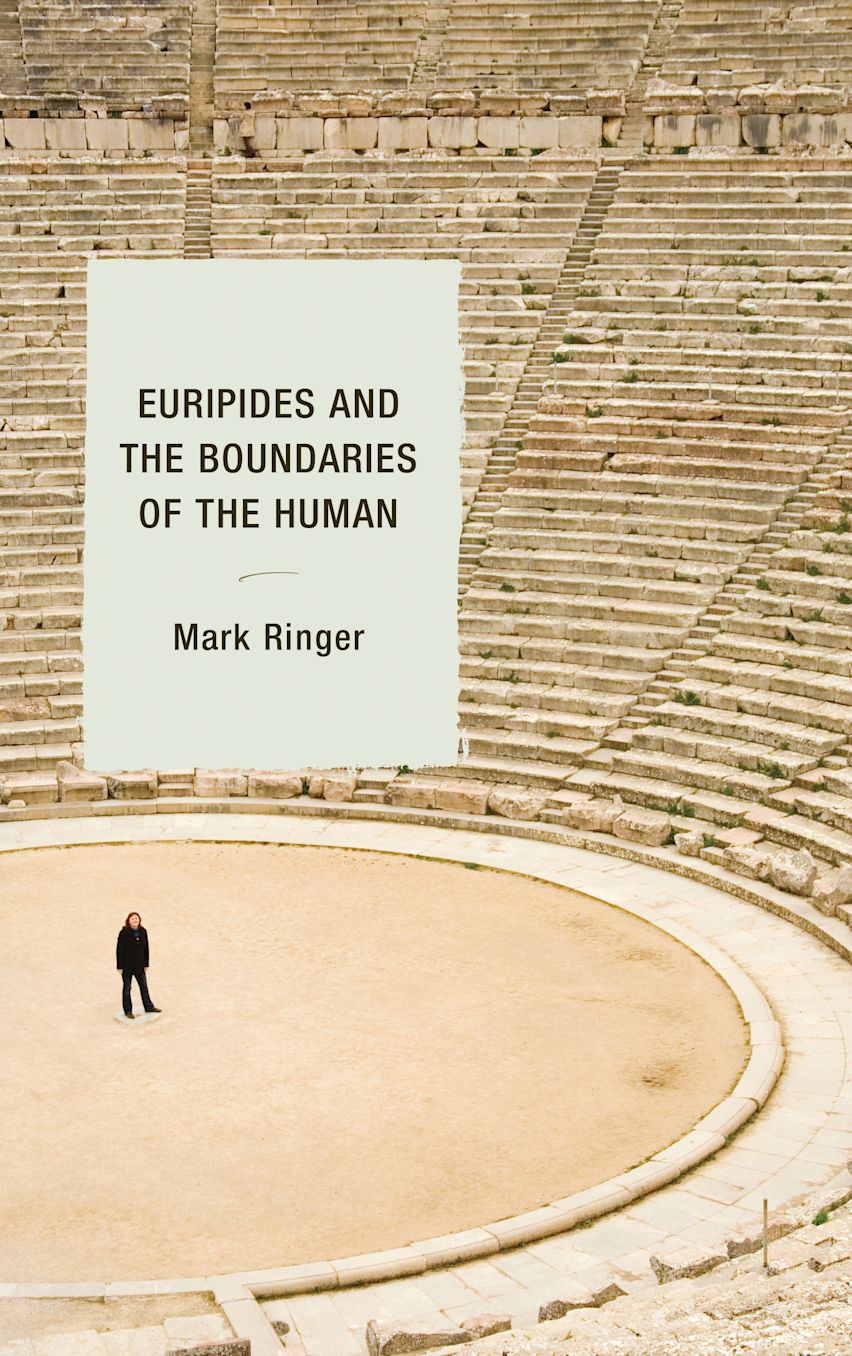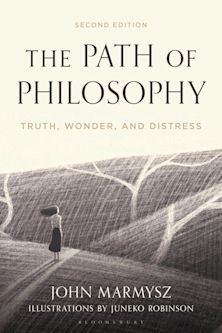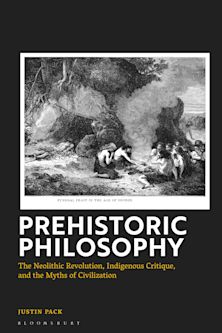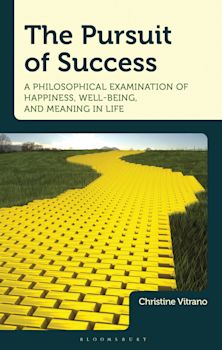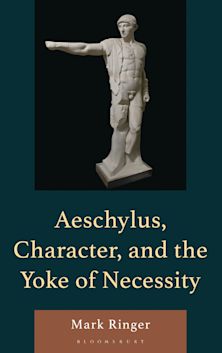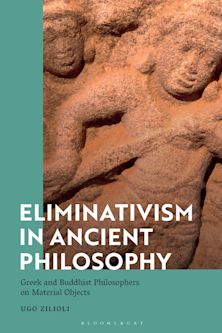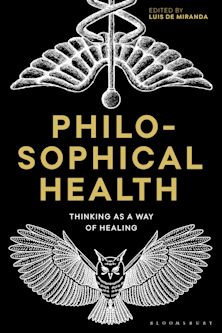- Home
- ACADEMIC
- Philosophy
- Ancient Philosophy
- Euripides and the Boundaries of the Human
Euripides and the Boundaries of the Human
For information on how we process your data, read our Privacy Policy
Thank you. We will email you when this book is available to order
You must sign in to add this item to your wishlist. Please sign in or create an account
Description
Euripides and the Boundaries of the Human presents the first single-volume reading in nearly fifty years of all of Euripides’ surviving plays. Rather than examining one or a handful of dramas in monograph or article form, Mark Ringer insists on the thematic and stylistic parallels that unite a diverse canon of works. Euripides is often referred to as the most modern of the three Ancient Greek tragedians, but in what way can the work of this fifth-century B.C. artist be claimed as modern? The multi-layered presentation of character is new within the context of Athenian Tragedy. The plays also reveal equal concern with the preservation and re-vitalization of tradition, especially with respect to the portrayal of the Olympian gods. Euripidean drama upholds tradition just as vigorously as it posits a new kind of realism in character portrayal in the Ancient Theatre. Euripidean drama fuses what was old with what was new in order to revitalize and perpetuate the art of tragedy.
This book will be of interest to professionals and students in the fields of classics, Greek drama in translation or in the original Greek, theater studies, comparative literature, tragedy, and religion.
Table of Contents
Product details
| Published | Jul 29 2016 |
|---|---|
| Format | Ebook (Epub & Mobi) |
| Edition | 1st |
| Extent | 392 |
| ISBN | 9781498518444 |
| Imprint | Lexington Books |
| Publisher | Bloomsbury Publishing |
About the contributors
Reviews
-
Mark Ringer provides a useful work that analyzes all nineteen of the extant plays attributed to Euripides in chronological order of each one’s commonly understood date of completion. . . All in all, this is a valuable contribution to research on Euripides’ works, and it will be a useful addition to many undergraduate and graduate libraries.
The Classical Journal
-
In this useful survey of Euripides, Ringer (Marymount Manhattan College) contests the common view of the dramatist as an iconoclastic, ironic, and modern poet. In his introduction the author contends that Euripides’s vision of the gods is traditional and Homeric, and that he shows little evidence of advocating the rationalistic and sophistic views offered by many of his characters. Ringer devotes each of the 19 chapters to one play, in each chapter summarizing the plot and offering interpretation ...Ringer makes a solid argument for seeing Euripides as a poet who accepts tradition, even while portraying characters who do not. This study will not replace early surveys such as G. M. A. Grube's The Drama of Euripides (1941) and D. J. Conacher's Euripidean Drama (CH, Jul'68), or handbooks such as Albin Lesky's Greek Tragic Poetry (1972) and Edith Hall's Greek Tragedy: Suffering under the Sun (CH, Aug'10, 47-6703), but it deserves to be read alongside them. Summing Up:Recommended. Upper-division undergraduates and above.
Choice Reviews
-
In this beautifully produced and highly readable introductory volume to Euripidean drama Ringer offers an insightful lengthy survey of the 19 surviving plays ascribed to Euripides. . . [it] not only serves as a valuable addition to an enormous amount of research work produced by a cohort of eminent scholars in recent decades on the dramas of Euripides, but also continues in the most creative and stimulating way possible a long and honoured humanistic tradition of Euripidean scholarship. . . . Overall this theoretically mature and always commonsensical and informative volume is a valuable contribution to the ever-expanding field of Euripidean studies. It is a work of high intelligence and exemplary scholarship, which is sophisticated enough to please experts and at the same time written in a clear and engaging manner accessible to a non-specialist audience.
The Journal of Hellenic Studies
-
Euripides and the Boundaries of the Human is a lucid, well-written and comprehensive overview of Euripides’ work. Each chapter gives a thoughtful and accessible introduction to one play and the scholarly debates surrounding it, which will be useful for both students and scholars.
Laurel Bowman, University of Victoria
-
Euripides has often been overshadowed by Aeschylus and Sophocles, and his plays criticized for their happy endings, rhetorical excess, or shifting focus. Ringer admires Euripides and gives his less familiar plays their due.
Ruth Scodel, University of Michigan











